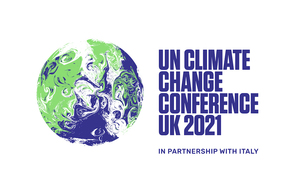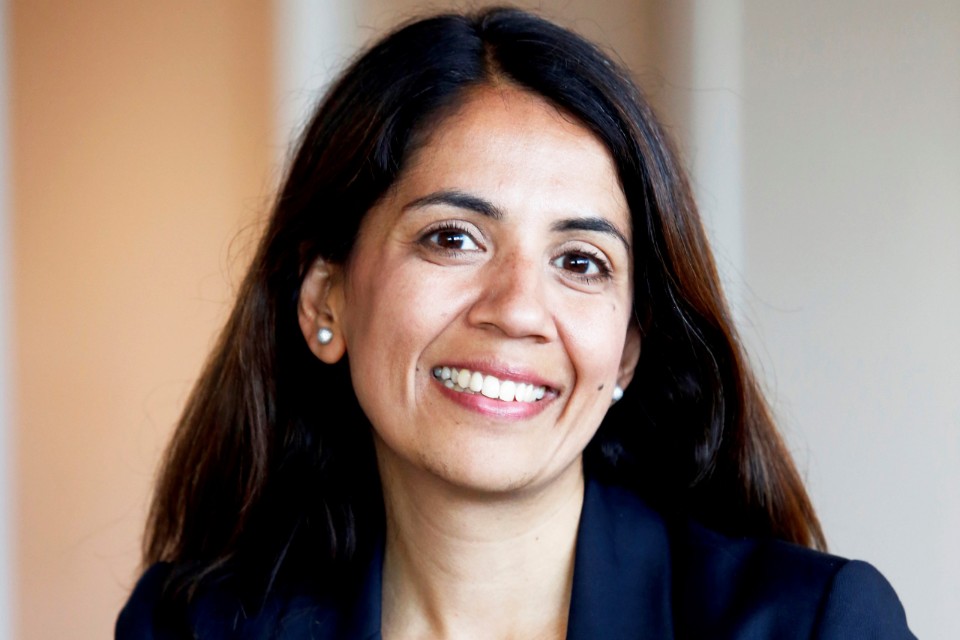- Visits should be tailored to residents and facilities and should prioritise residents and staff’s safety to limit the transmission of COVID-19
- Care homes, especially those who have not allowed visits since March, will be encouraged and supported to provide safe visiting opportunities as new national restrictions come into effect
- Measures put in place should provide COVID-secure opportunities for families to meet using visiting arrangements such as floor to ceiling screens, visiting pods, and window visits
All care home residents in England should be allowed to receive visits from their family and friends in a COVID-secure way – with social distancing and PPE – following new guidance to be used while national restrictions are in place from Thursday 5 November.
The guidance will enable care home providers, families and local professionals to work together to find the right balance between the benefits of visiting on wellbeing and quality of life, and the risk of transmission of COVID-19 to social care staff and vulnerable residents.
It will set out clear principles for how visits are conducted – with arrangements to be adapted from home to home, based on the needs of their residents and taking into consideration factors such as layout and facilities – and reiterates the importance of ensuring social distancing and proper PPE use is observed.
Options for safe care home visits in line with the guidance could include:
- visits using COVID-secure visiting areas/pods with floor to ceiling screens and windows where the visitor and resident enter through different entrances, are separated by screens and visitors do not need to enter or pass through the care home
- visits at windows, where the visitor doesn’t need to come inside the care home or where the visitor remains in their car, and the resident is socially distanced
- outdoor visits with one other person – visitors can meet outside with a loved one, in areas which can be accessed without anyone going through a shared building
- further support for virtual visits, encouraging the use of video calls
Plans are currently being developed to allow specific family and friends to visit care homes supported by testing. A sector-led group is overseeing the development of these plans with trials set to begin later this month.
A new national programme for weekly testing of professionals who regularly visit care homes, including community nurses and physiotherapists, will also be rolled out in the coming weeks following a successful pilot in Cambridgeshire, Peterborough and Northamptonshire.
Health and Social Care Secretary, Matt Hancock, said:
I know how heart-breaking and incredibly frustrating it has been for families and friends who haven’t been able to see their loved ones during the pandemic.
Care homes should feel empowered by this new guidance to look at safe options to allow visits to care homes that suit their residents and facilities. We’ve seen some really innovative solutions used to help families see each other safely, face-to-face, which has been life-changing for some.
It is vital high quality, compassionate care and infection control remains at the heart of every single care home to protect staff and resident’s lives, but we must allow families to reunite in the safest way possible.
Minister for Care, Helen Whately said:
I know how incredibly hard visiting restrictions have been for families, friends and residents in care homes. There is no escaping the pain and the very real consequences of being separated for such a long period of time. The accounts I have heard personally are truly heart-breaking, especially where care homes have been unable to reopen for visiting during the summer.
I am determined to bring loved ones back together even during this second wave of the pandemic; that’s why I am advising care homes to enable COVID-secure visits across the country.
We are also working to trial testing for visitors, so that we can reduce the risk of indoor visits and give families more opportunities to spend time with relatives in care homes.
We must get the balance right between reuniting families and ensuring care staff and residents are safe from COVID-19.
The government is also working with providers to help them communicate to families and help them plan visits in a way that minimises the wider risks – for example, avoiding travelling to and from the home using public transport, or maintaining social distance from other families when they arrive at the home for their visit.
Visits outside of these principles should still be allowed in exceptional circumstances such as end of life.
Care homes should support the NHS Test and Trace system by keeping a temporary record, including address and phone number, of current and previous residents, staff and visitors as well as keeping track of visitor numbers and staff. It is recommended homes have an arrangement to enable bookings or appointments for visitors and ad hoc visits should not be permitted.
Protecting staff and residents has been a priority throughout the pandemic, with 120,000 tests being sent out every day solely for the care sector. The government has provided access to £3.7 billion for local authorities through un-ringfenced grants so they can address the expenditure pressures they are facing in response to the COVID-19 pandemic, including social care, as well as £1.1 billion provided to support infection control in care homes.
In addition, 11,000 iPad tablets, worth £7.5 million, will soon be distributed to thousands of care homes across England to help residents keep in touch with loved ones.

